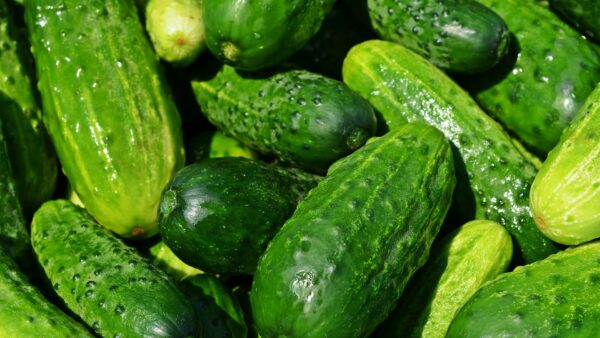A new report from the United States Department of Agriculture shows that about 55 percent of the total harvested cropland in the United States is grown with varieties having at least one GM trait according to a release.
The most common GM traits include herbicide tolerance and insect resistance.
“Private seed companies lead the development of GM traits—a shift away from public institutions—stimulated by judicial rulings that created protections for intellectual property in crop genetics and other biological inventions,” the USDA said in a release.
Improved crops have been possible through biotechnology advances which allow specific genes with inheritable traits to be used in other crop varieties. GM seed is also starting to be used in alfalfa, potatoes, papaya, squash and apples.
The USDA notes that GM varieties of corn, soybeans, and cotton were introduced to the United States in 1996. Within just a few years, GM varieties became the choice seed for farmers.
Following that, GM canola and sugar beets became available and by 2020 (the most recent data year), 55 percent of harvested cropland in the United States had at least on GM trait.
The chart can be found in the USDA, Economic Research Service report, Concentration and Competition in U.S. Agribusiness, published in June 2023.











